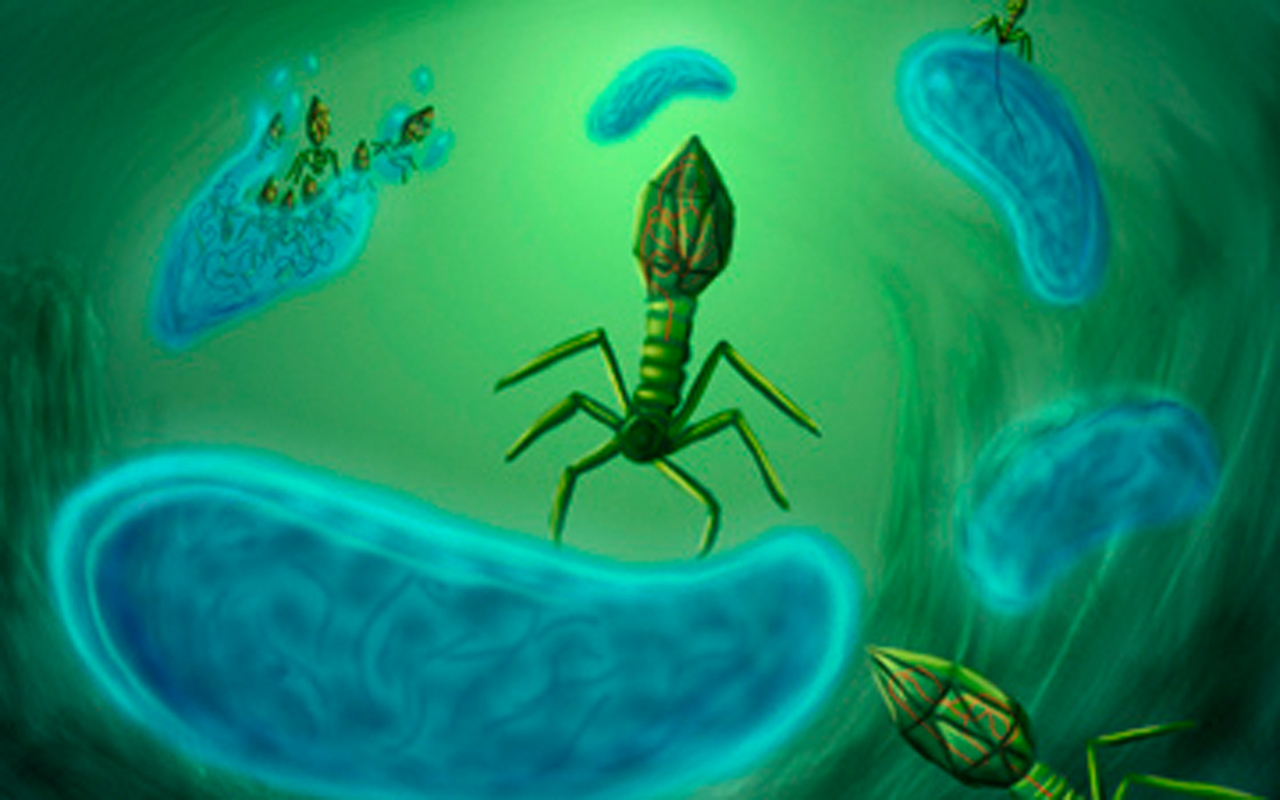NPL researchers engineer virus to kill bacteria
January 24, 2018 | Wednesday | News
The National Physical Laboratory (NPL) and UCL researchers have developed synthetic virus which kills bacteria on first contact
The National Physical Laboratory (NPL), the UK's National Measurement Institute (NMI) and UCL (University College London) have engineered a brand new artificial virus that kills bacteria on first contact.
As a result, antibiotic discovery has fallen well behind its historical rate, with traditional discovery methods being exhausted.
NPL is addressing technology and innovation challenges in response to this, including support for the implementation of synthetic / engineering biology.
In line with NPL's approach to addressing the global threat of antimicrobial resistance by helping to develop new antibiotics, a team of researchers from NPL and UCL have engineered a purely artificial virus, which has the ability to kill bacteria on contact.
This new virus is built using the same geometric principles that determine structures of naturally occurring viruses, known as polyhedral capsids.
The resulting synthetic virus acts as a 20-nm spherical 'drone' that, upon recognising bacterial cells, attacks their cell walls with bullet speed and efficacy.
This provides an advantage over a traditional antibiotic, which must reach and hit its single target inside a bacterial cell to be effective.
Furthermore, because such viruses leave human cells unaffected, but have the ability to infect them like viruses do, they hold promise for gene delivery and gene editing core capabilities for gene therapy and synthetic biology as well as for killing bacteria that hide inside human cells.









